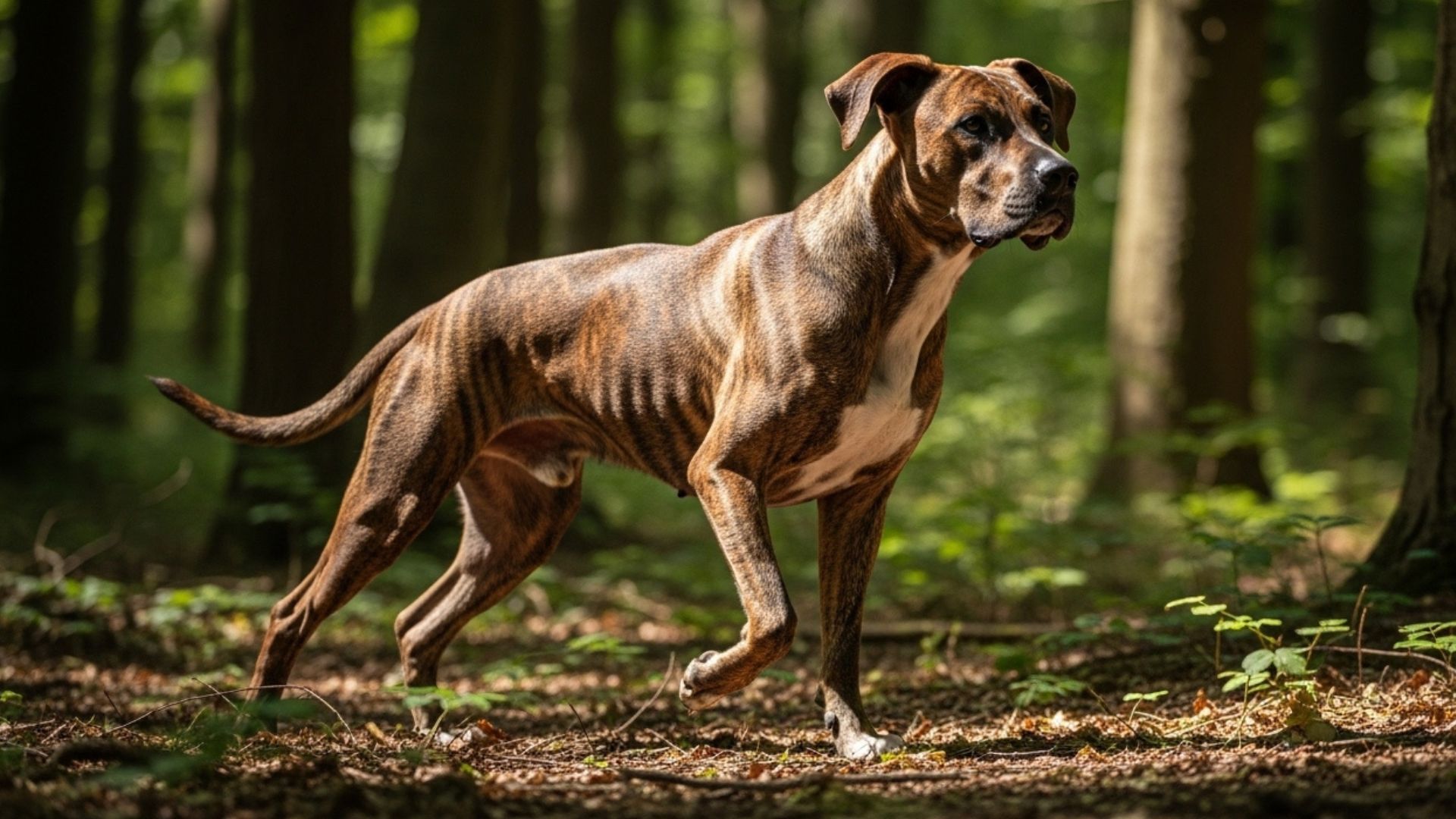You’ve trained your dog for weeks, waited for the perfect conditions, and planned every detail of your hunt. But halfway through, your dog slows down and gives up. The hunt ends before it even begins.
If you’ve been there, you know exactly how frustrating that feels. Here’s the thing, though: strong dogs? They’re built differently. They’ll crash through thick bushes without hesitation. They’ll dive into freezing water like it’s nothing. And they won’t stop tracking until you tell them to stop.
But here’s where it gets tricky. Not every hunting dog can actually hunt. Some are just pets that look tough. Others run out of steam after an hour. And plenty can’t handle rough terrain or icy water.
So which breeds actually get the job done? Which ones have the muscle, stamina, and drive to hunt from sunrise to sunset without backing down?
That’s exactly what we’re covering here. If you need a hunting companion that won’t let you down when it matters most, keep reading.
Best Muscular Dog Breeds Great for Hunting
1. Weimaraner
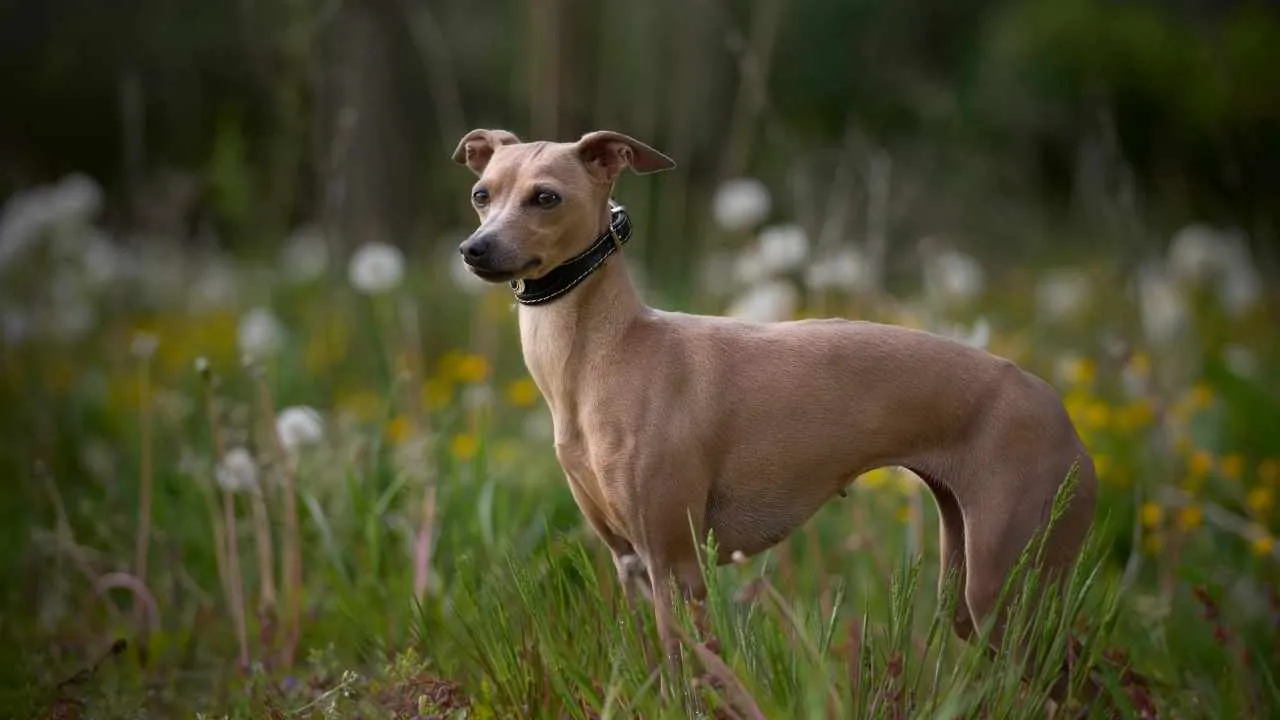
This gray dog hunts large animals, animals that fight back, such as wild boar and deer. The Weimaraner’s got strong, muscular legs and a frame built for endurance. Watch one chase down game, and you will see just how strong and fast this dog is.
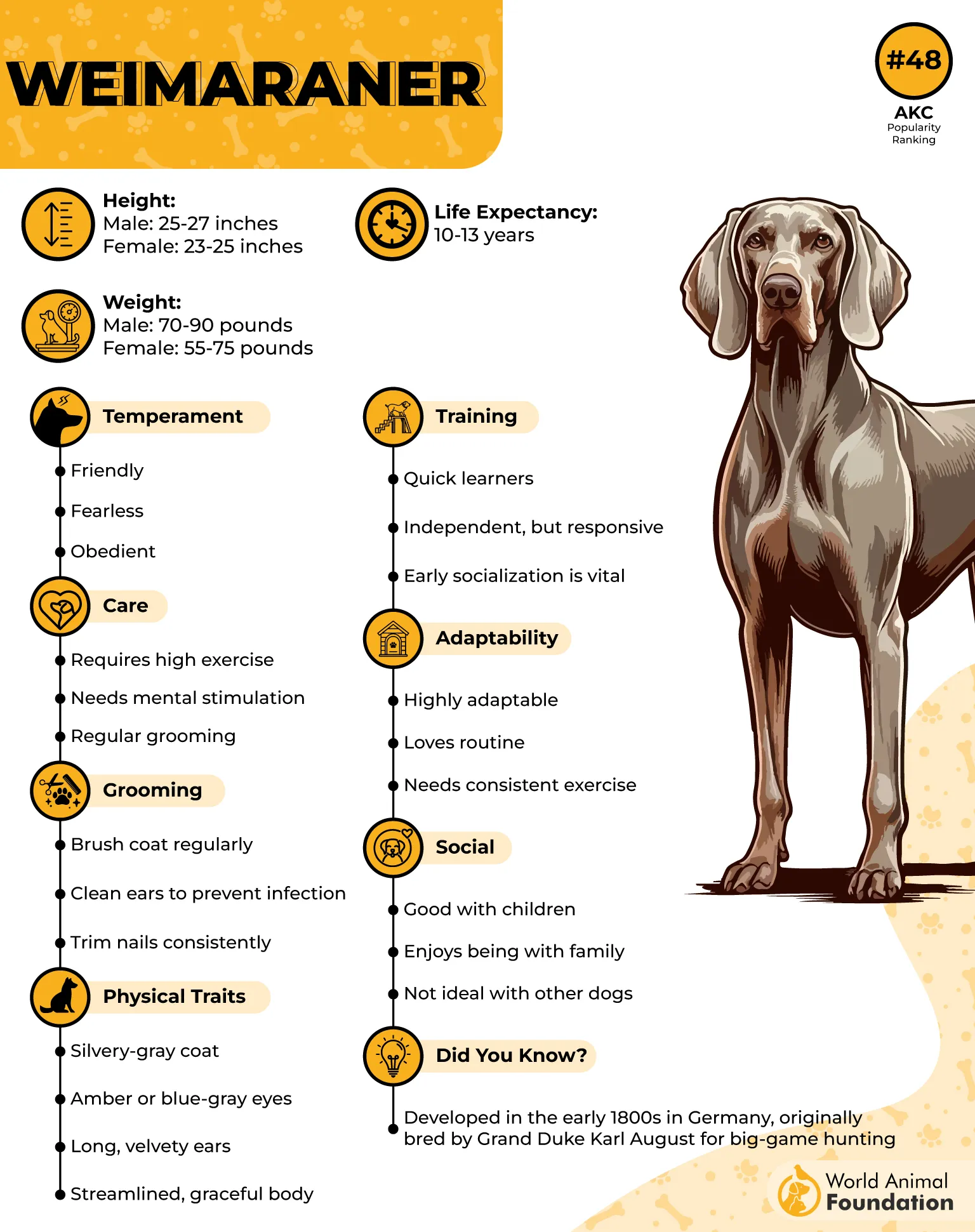
What they do:
Runs for hours without stopping
Work in hot weather without a problem
Track wounded game through the bushes and trees
Keep going when the other dog quits
Activity Needs: These high-energy dogs need at least 2 hours of activity every day. And we’re not talking about a casual stroll around the block. They need running, training, or actual hunting. A long walk isn’t enough for them.
They won’t stop working until you tell them to. These high-energy dogs get bored and tear up your house without mental stimulation.
Best for: They’re great for people who hunt often, but not for those who hunt once a month.
Investment: Weimaraner costs usually start at $500-$3,000.
2. German Shorthaired Pointer
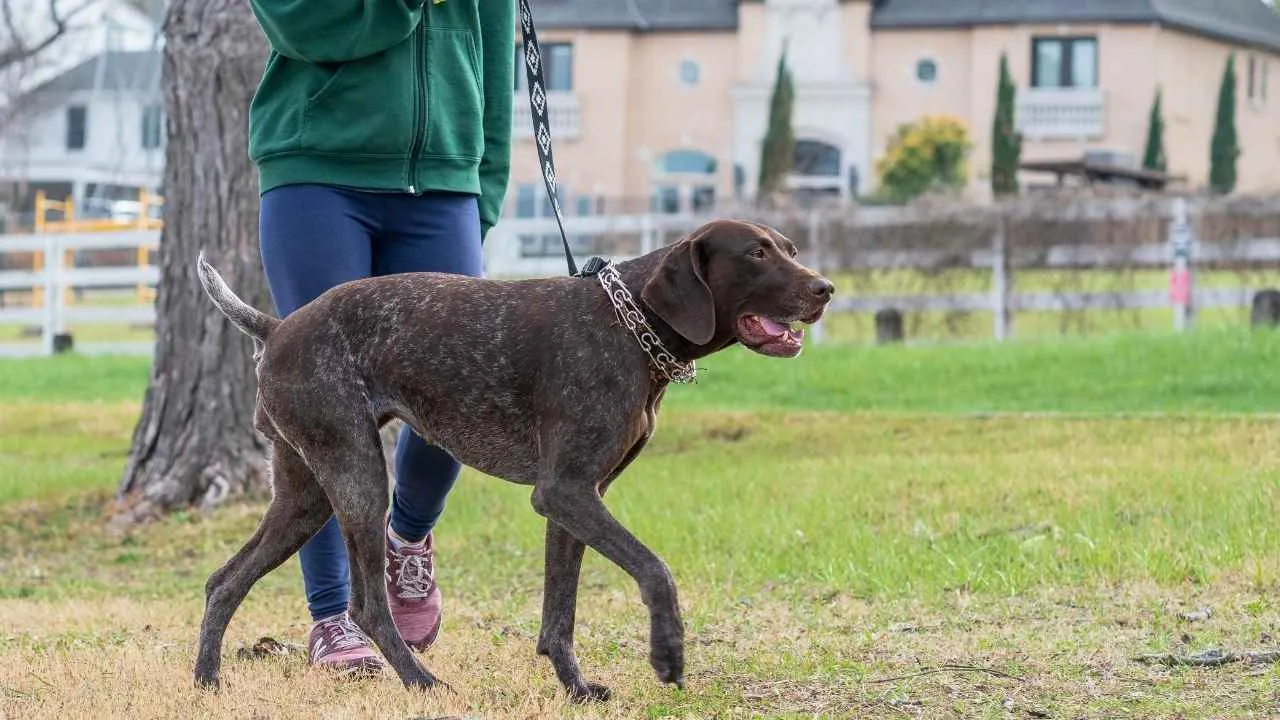
People in Germany originally developed this dog because they needed a versatile dog for all hunting tasks. This versatile hunting dog finds birds in the morning. Get ducks in the afternoon. Tracks small game at night. This dog does everything. That’s why hunters love it.
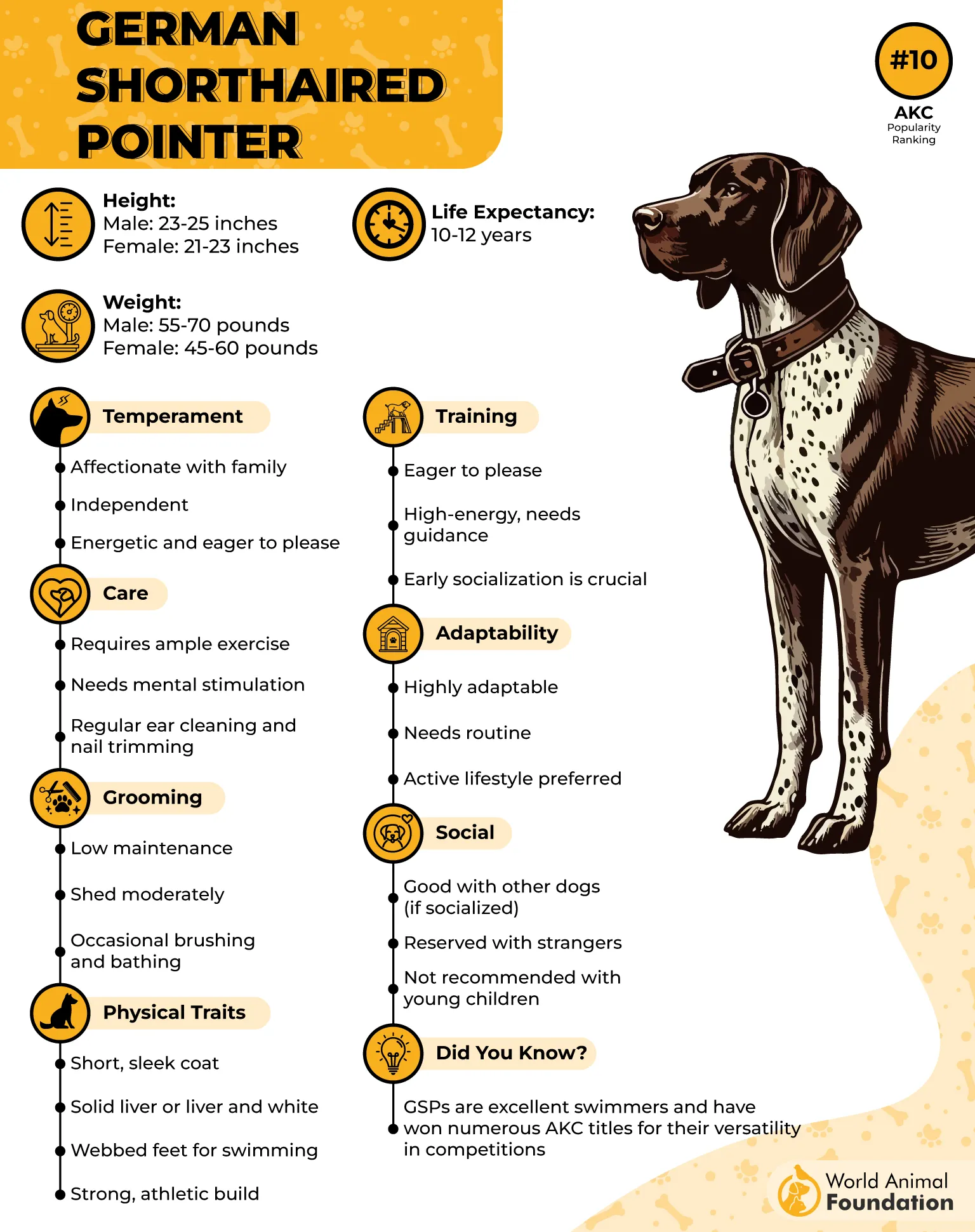
What it’s good at:
Finding upland birds for hunting is their specialty
Retrieving waterfowl from water, even cold water
Working in rough and varied terrain like hills, flatlands, and marshes.
Highly intelligent to learn new things
The muscular frame is strong enough to push through dense cover. The keen sense of smell finds animals that other dog breeds miss. The short coat means way less cleanup after long hunts. The deep chest gives them endurance for hours of work.
Activity Needs: These highly energetic dogs need physical activity, including running, training, and hunting. Otherwise, it causes problems.
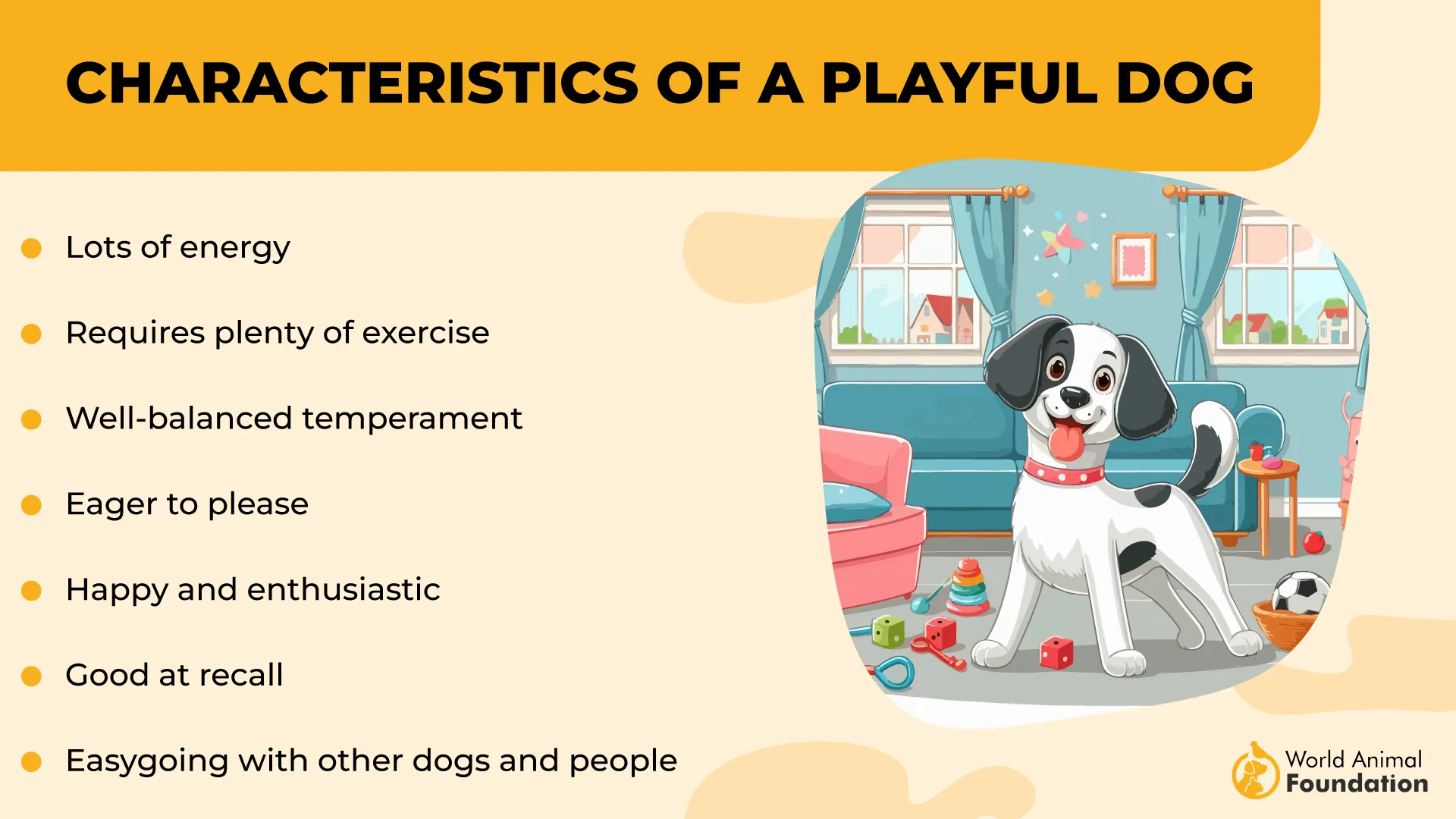
Perfect for: The Shorthaired Pointer is one of the best family dogs out there. Works incredibly well with kids at home, too.
Investment: Expect to pay around $600 to $2,000 for a well-bred German shorthaired pointer with strong hunting traits.
3. Rhodesian Ridgeback
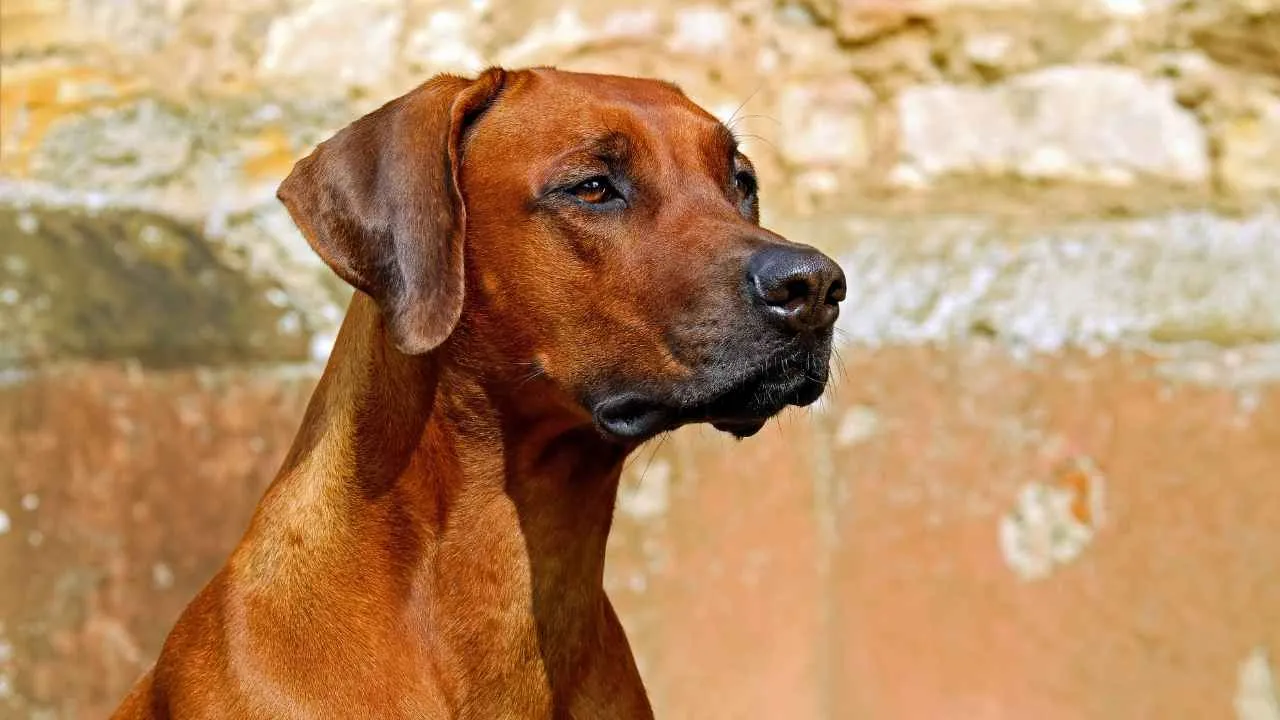
This dog hunted lions in Africa. Real Lions. That tells you everything about their courage. These dogs track wounded game for miles. They don’t give up. They are brave and will face almost anything in the wild.
Why it works
Fast when chasing big animals
Runs for hours without getting tired
Strong legs work on rocky ground.
Built for hunting large game.
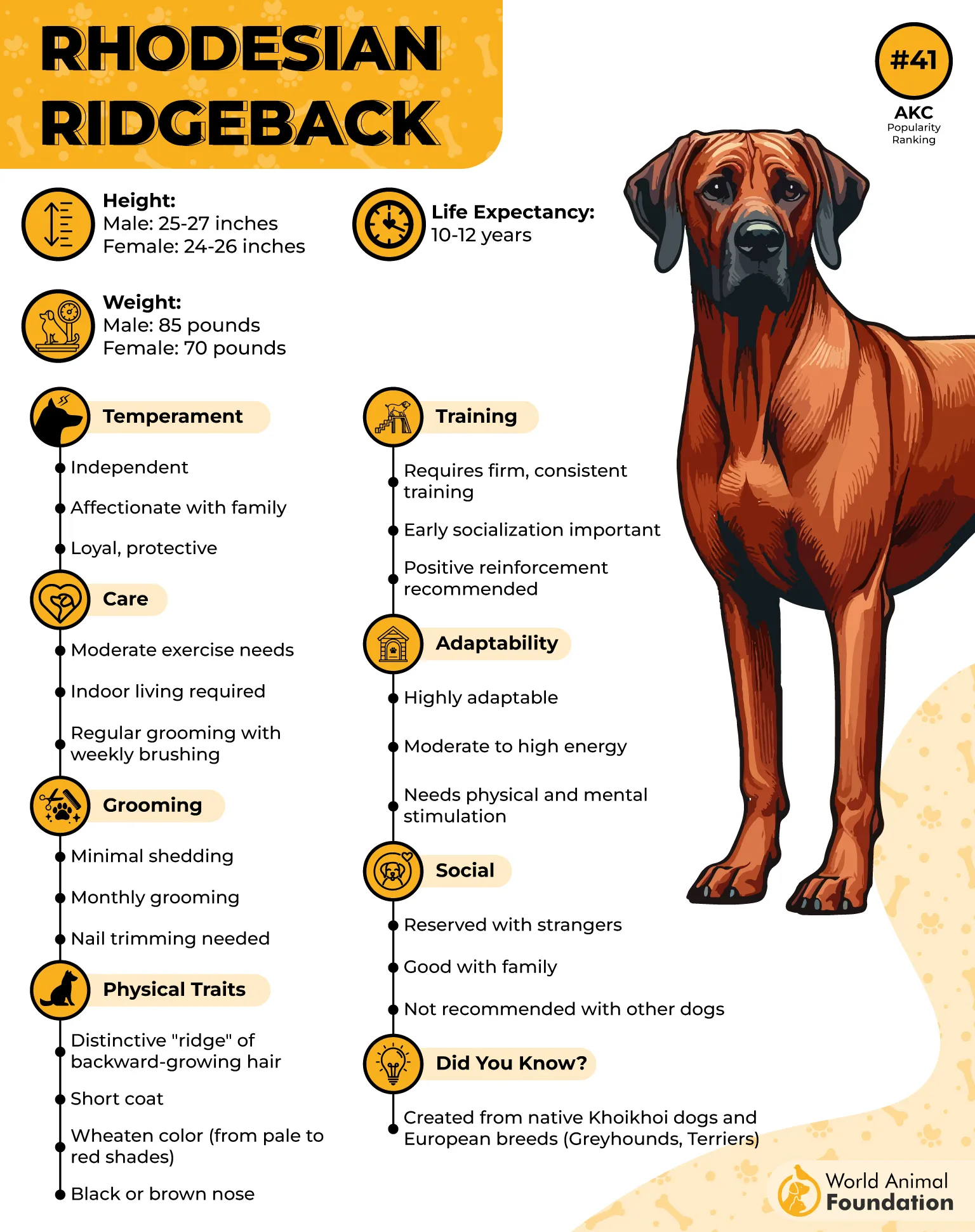
Activity Needs: These athletic dogs need lots of physical exercise. They are stubborn and need good training. You’ve got to know how to handle them. They also have a strong hunting instinct, so they’ll chase other animals if not trained properly.
Health Note: According to the RRCUS, progressive deafness is not uncommon in the breed. Rhodesian Ridgeback puppies are born with normal hearing, but they typically start losing it around 6 months of age.
Give them a bath about once a month using dog-specific shampoo, not the stuff you use.
Best for: When you give them work, they become incredibly reliable partners for serious hunting. They’re not for lazy owners.
Investment: Rhodesian Ridgeback puppies often range from $1,000 to $3,800.
4. English Springer Spaniels
Don’t let those floppy ears and friendly face fool you. It is a serious working dog disguised as your best friend. This spaniel is perfect for bird hunting in fields and woods. Their hunting style is active and enthusiastic.
Why hunters use it
Small enough to fit in tight spots
Work all day without getting tired
Perfect for upland bird hunting and small game
Activity Needs: Springer Spaniels need daily work like training, hunting, or running. If they don’t get enough activity, they’ll find their own entertainment, and you won’t like it. They’re great with kids and super easy to train because of their intelligence.
According to AKC,” English Springer Spaniels are a social, active breed; leaving them alone for long periods of time can result in undesirable behaviors.”
Best for: These dogs instinctively know how to find upland birds with their unique skills, flush them out to scare them into flight, and retrieve them after you shoot. Nobody taught them. Selective breeding did. They’re originally bred for this exact skill.
Investment: A healthy, well-bred Springer Spaniel costs anywhere from $800 to $2,500.
5. Irish Setter
These athletic dogs were originally bred for hunting birds in Ireland. Their hunting ability and skill make them excellent partners for an active hunter. It’s also very long-legged, which lets it run fast and cover a lot of ground.
What it does
Runs for hours looking for upland game birds.
Work equally well in fields and hills.
Learn new things incredibly fast with high intelligence.
Never runs out of energy
Activity Needs: Irish Setters need regular exercise like hunting, running, or active play to burn off that high energy level. Dog sports are also fantastic for keeping them happy. Their high energy can be overwhelming if you’re looking for quiet pets.
Best for: They’re friendly with kids and other pets, making them excellent companions for active families. Just know that their coat needs regular brushing.
Investment: Irish Setter puppies typically cost $1,000 to $2,200
6. Jack Russell Terrier
This small dog hunted foxes in England. It went into holes in the ground where foxes hide. Don’t let the size fool you. They come in three different coat types: broken, rough, and smooth.
Why size doesn’t matter
Small enough to fit in holes
Chases small games like rabbits and rats
Faster and stronger than it looks
Never backs down from anything
Activity Needs: Jack Russells need tons of activity and games. Digging, fetching, swimming. These energetic dogs love it all with an intense drive that keeps them going.
They get bored super easily, and a bored Jack Russell will absolutely wreck your stuff. But keep them busy? These lively dogs are curious and always ready for action.
Britannica notes that: “Jack Russell may harm unfamiliar dogs or small pets and should never be left alone with such animals.”
Investment: Jack Russell Terrier prices usually fall between $500 and $1,500.
7. Norwegian Elkhound
The Norwegian Elkhound works differently from other hunting dogs. It finds the animal far away from you. Then it barks, so you know where to go. You follow the sound and find the game.
What it can do
Works in freezing weather
Tracking game for miles
Strong hunting drive and doesn’t quit
Find animals by a keen sense of smell
Elkhounds are smart and independent, which basically means they like doing things their own way. They’re alert and bold, even fearless, but not naturally aggressive.
Grooming Needs: The Elkhound has this thick, smooth double coat that protects them from brutal northern weather. You’ll need to brush that double coat at least twice a week, and every single day during heavy shedding season.
Perfect for: They’re great with kids and naturally watch over the family. Their ability to work in extreme cold weather makes them well-suited for northern hunting.
Investment: A Norwegian Elkhound can cost $700 to $2,000.
Conclusion
The best hunting dog breeds excel at specific things. You’ve got to pick them based on what you hunt most. Birds hunting? Get a spaniel or setter. Waterfowl hunting? A golden retriever or similar retriever is your best bet. Small game? Check out terriers. Large game? Look at the bigger breeds.
Whatever you choose, train them for that specific work. Make sure you have time to give it regular exercise every day. These are active dogs that need physical exercise and mental stimulation daily. Without it? They’re miserable, and they’ll make you miserable too.
Whether you are an experienced owner or an animal lover just starting out, choosing the right hunting dog makes all the difference in your hunting adventures.
Choose wisely, and you’ll have a perfect companion that transforms every hunt into something special.


